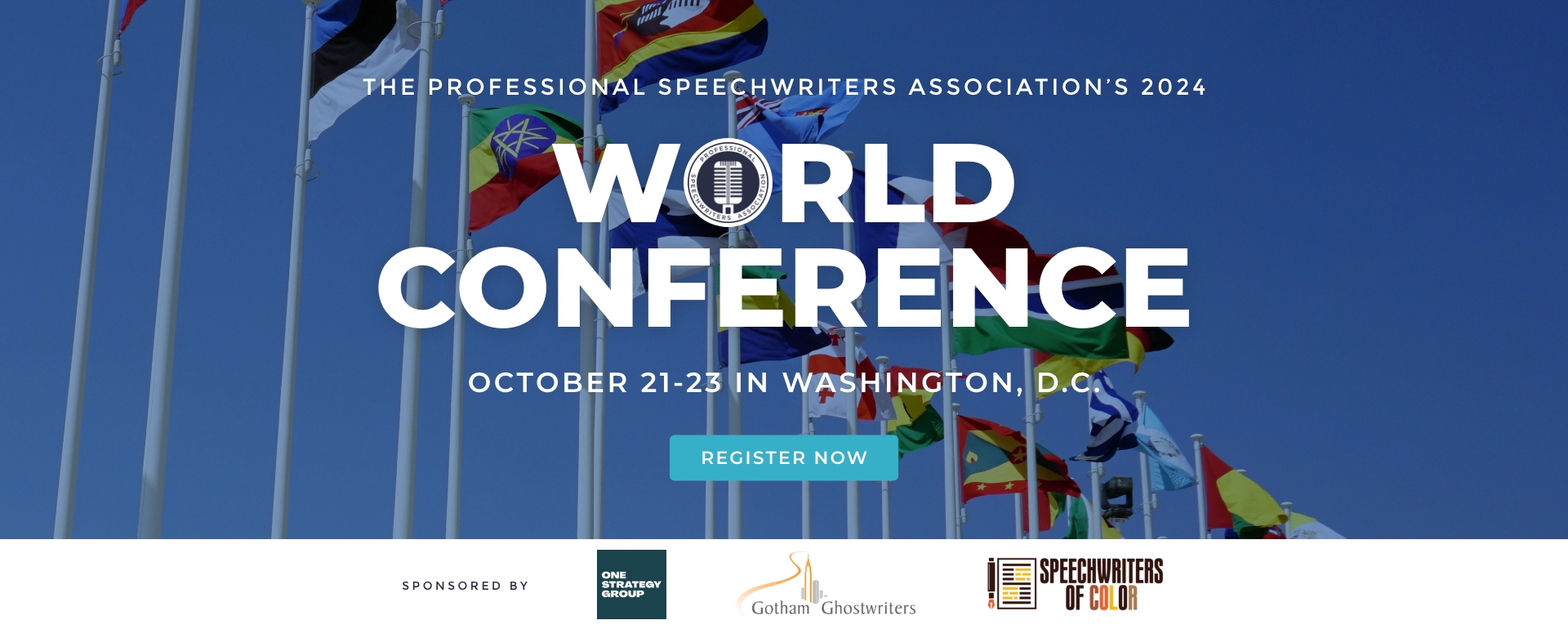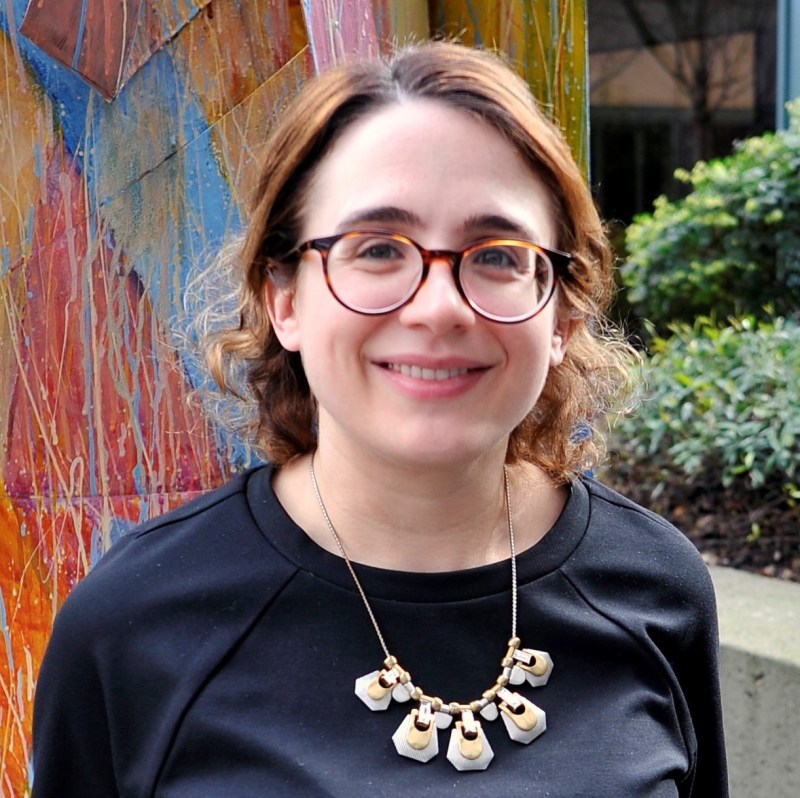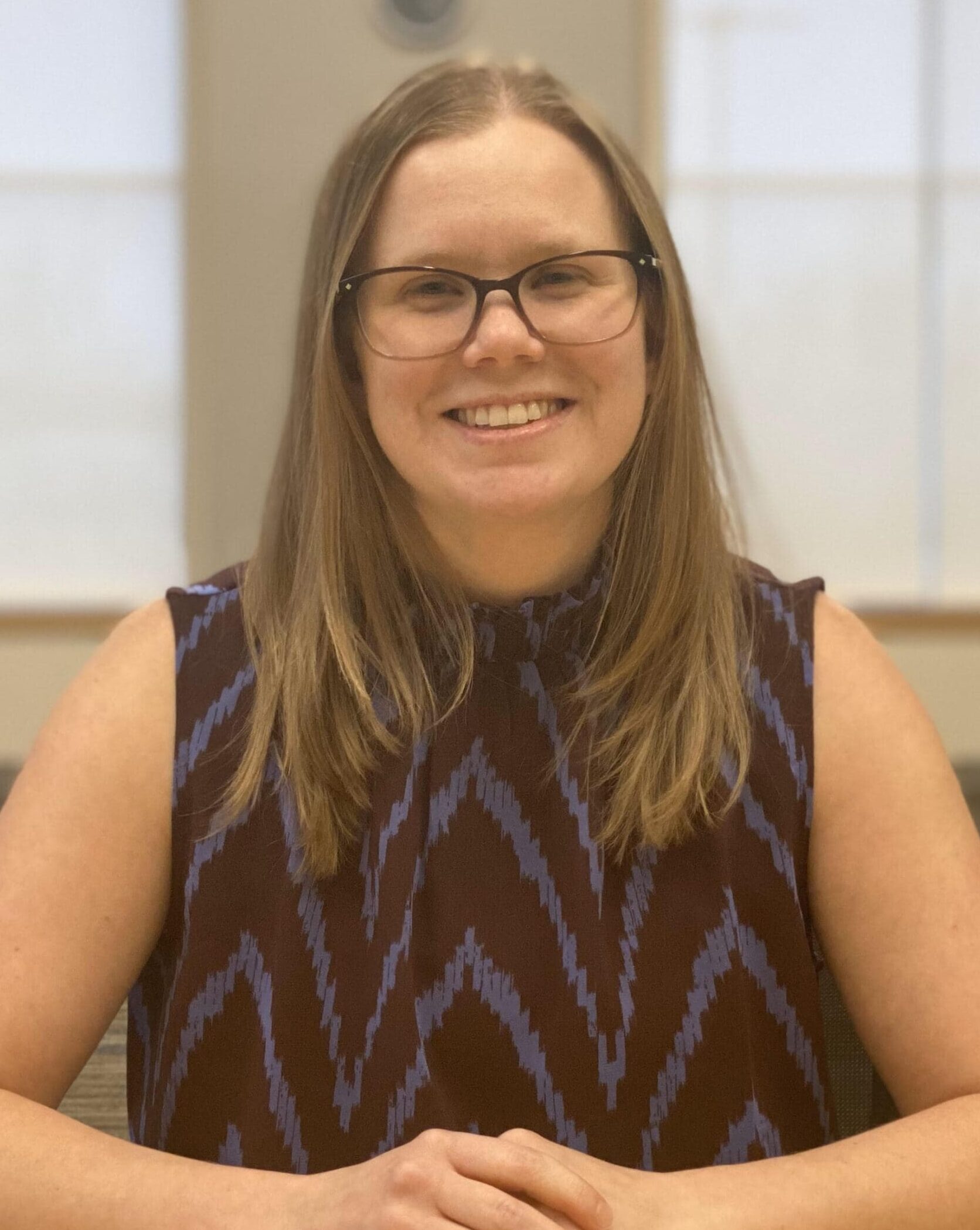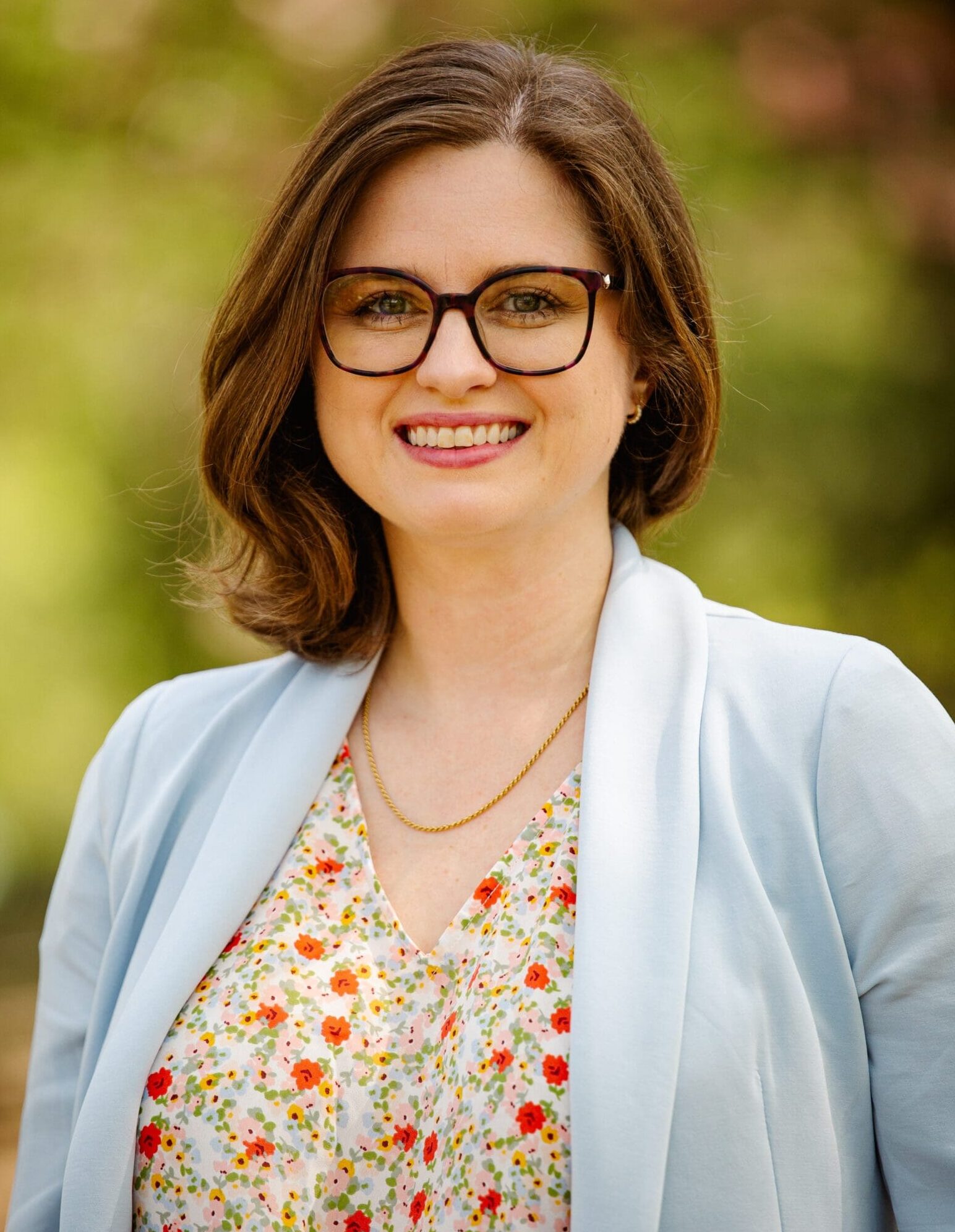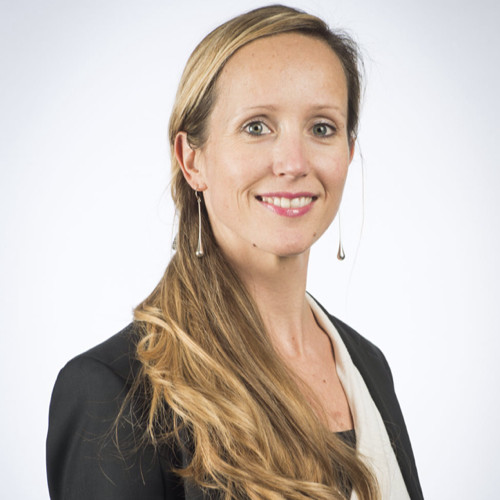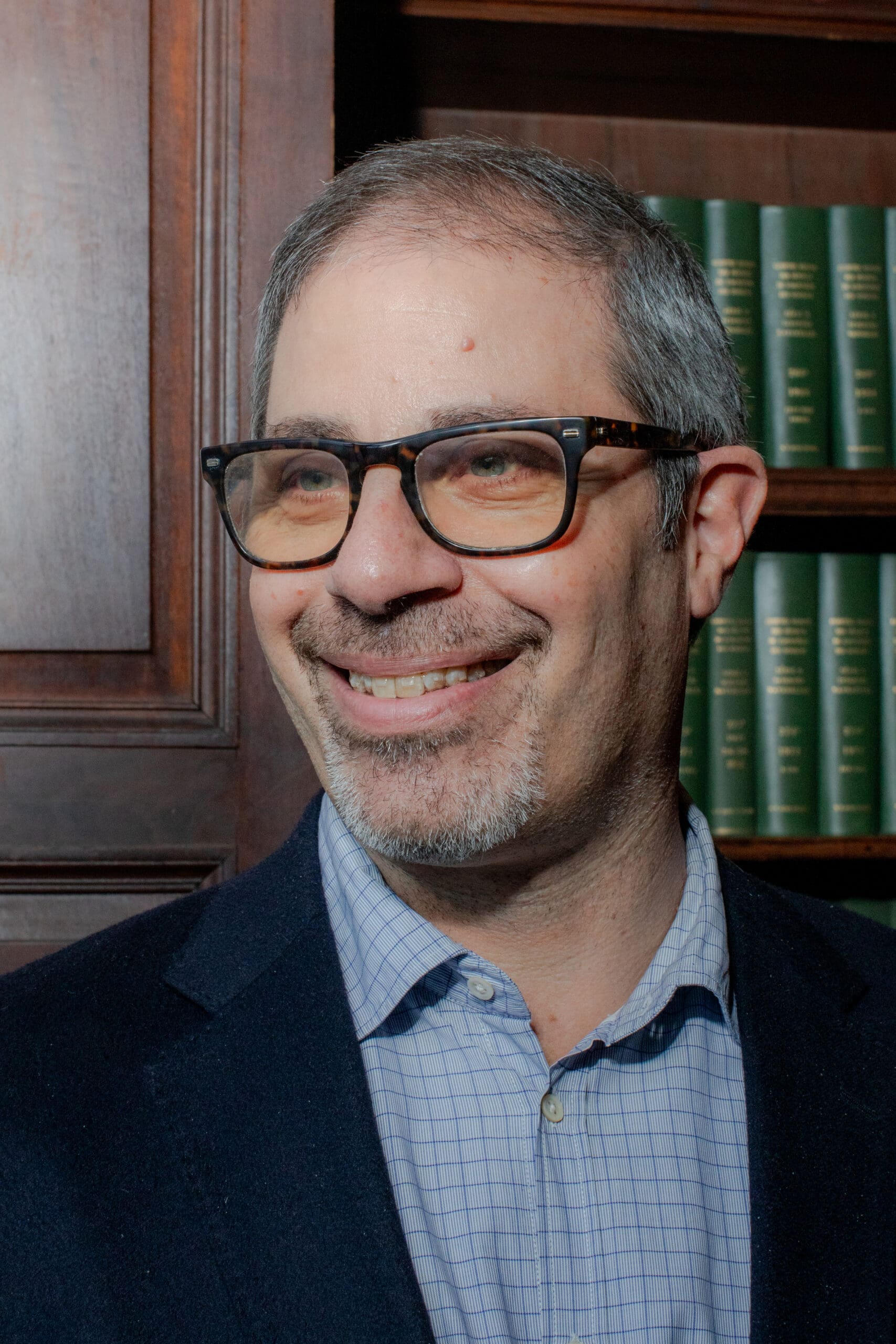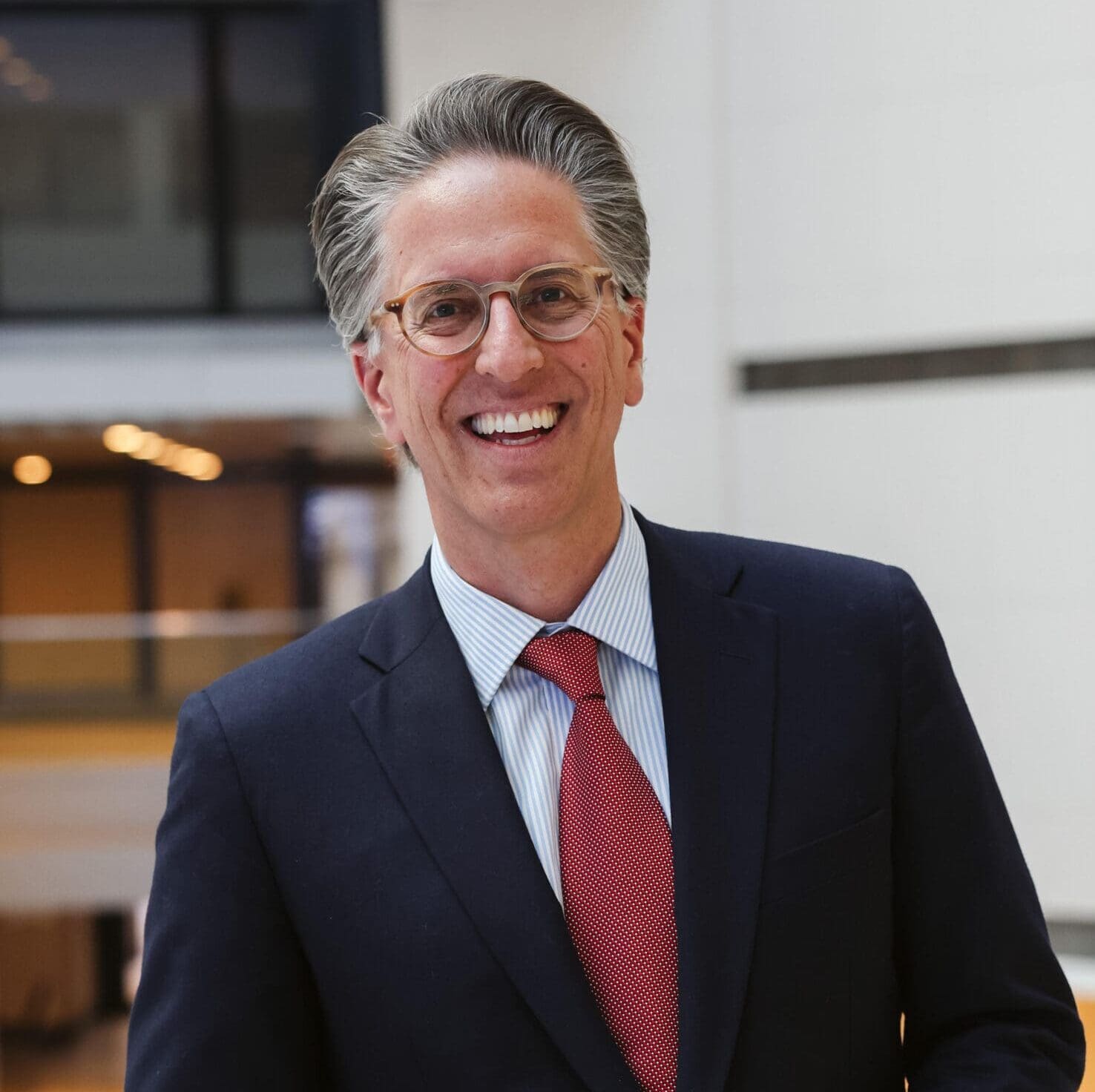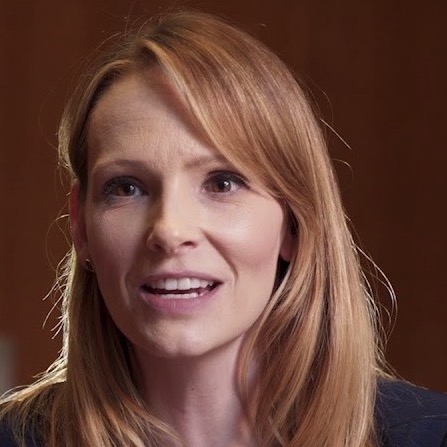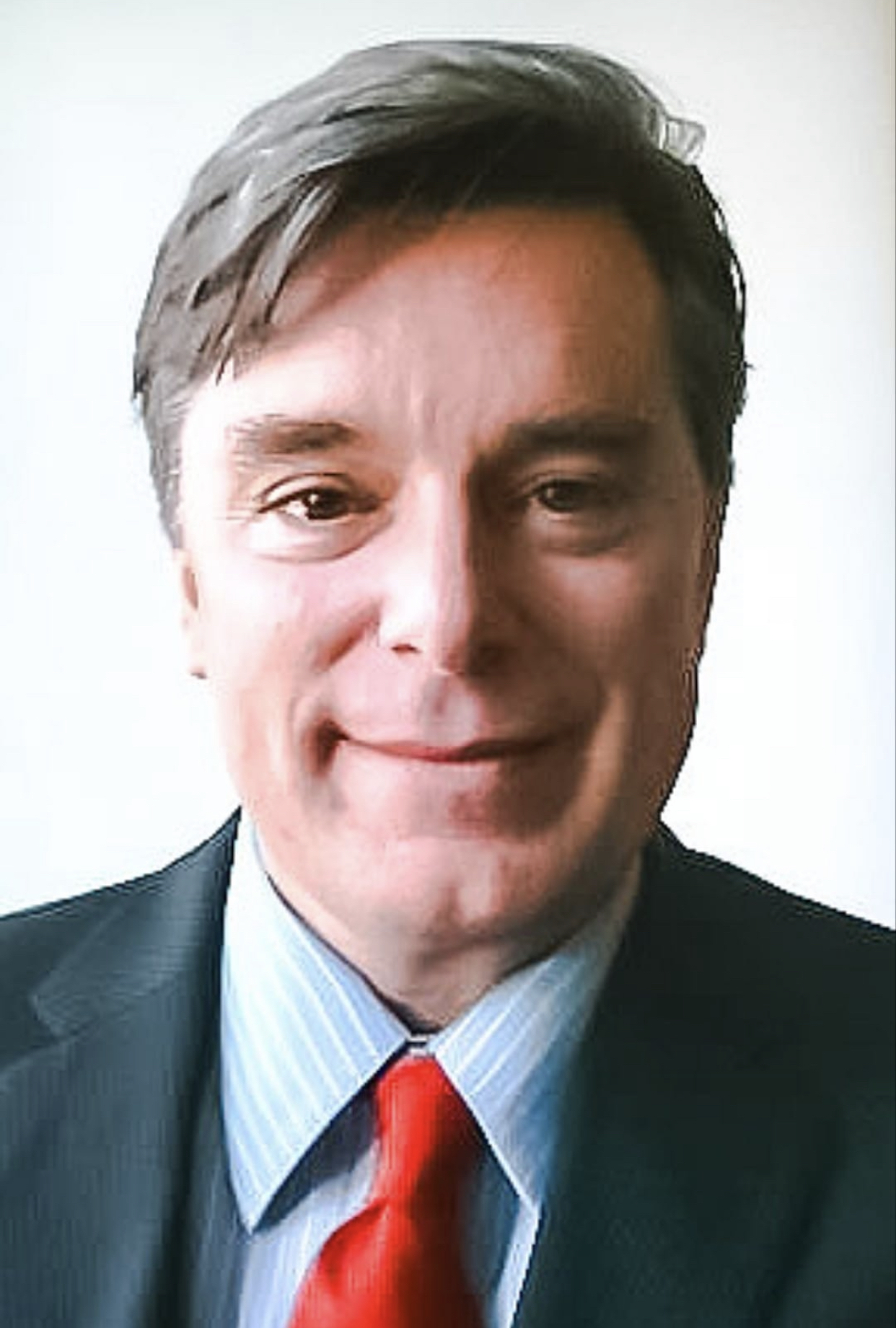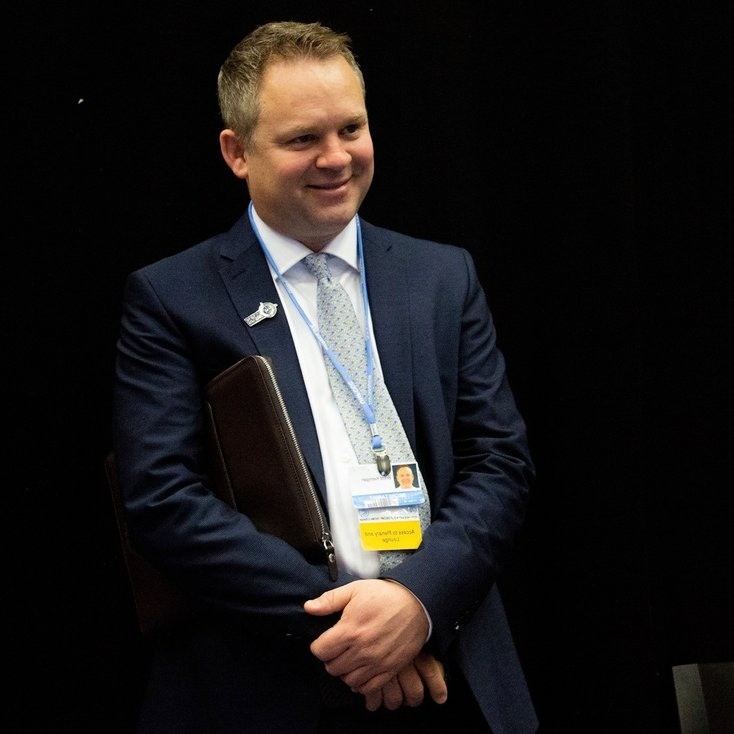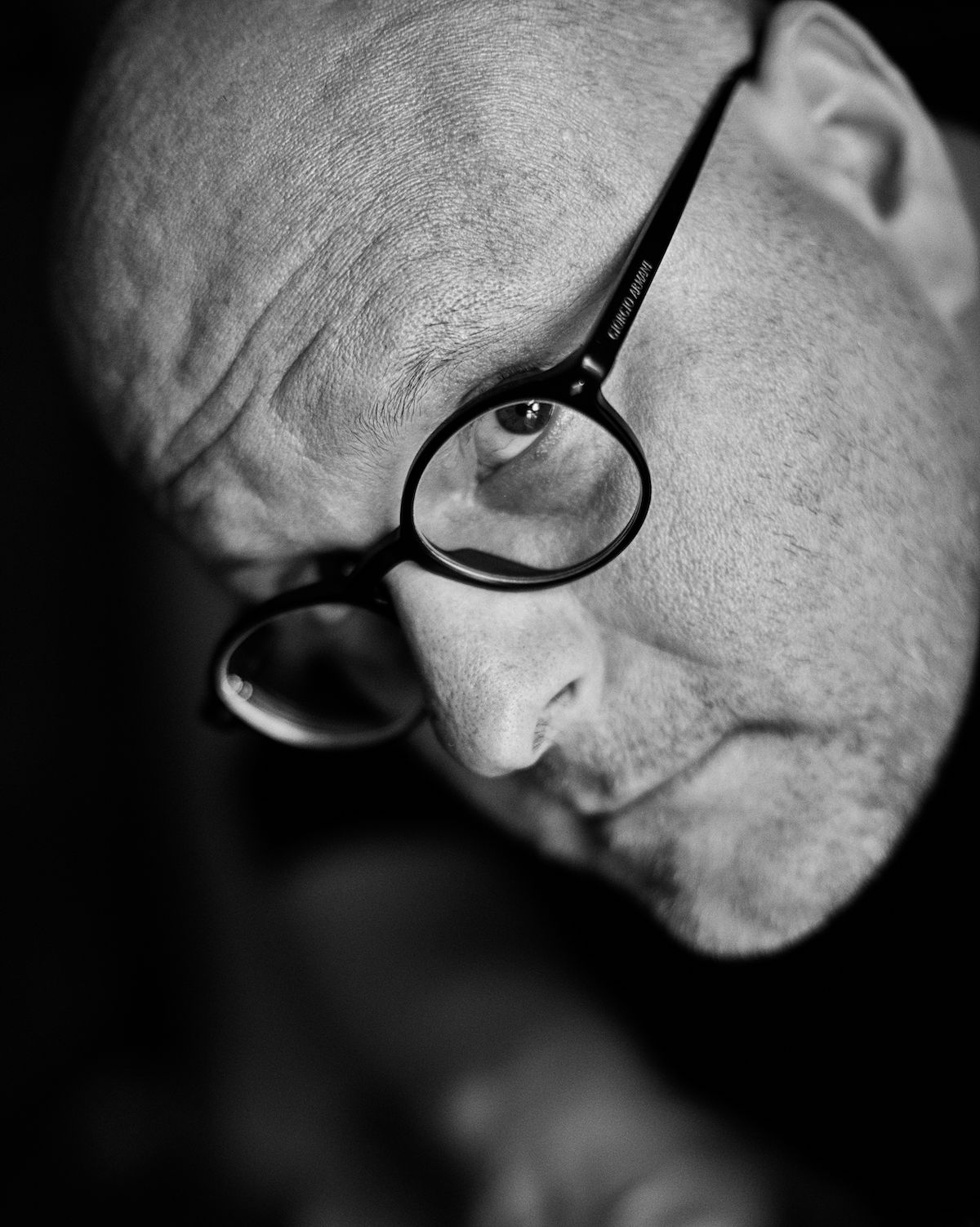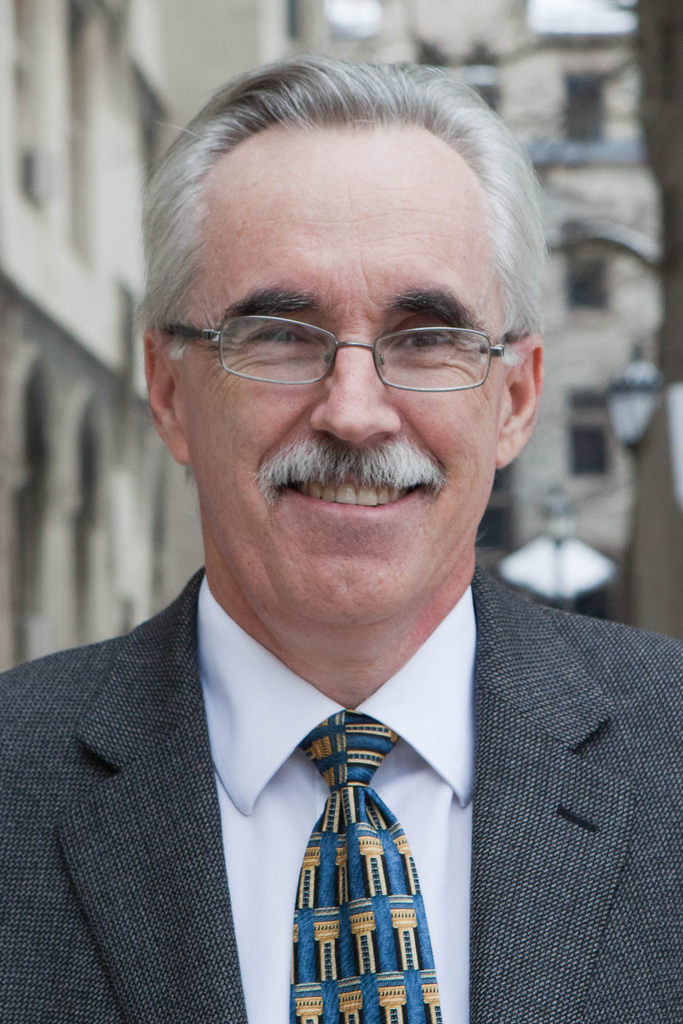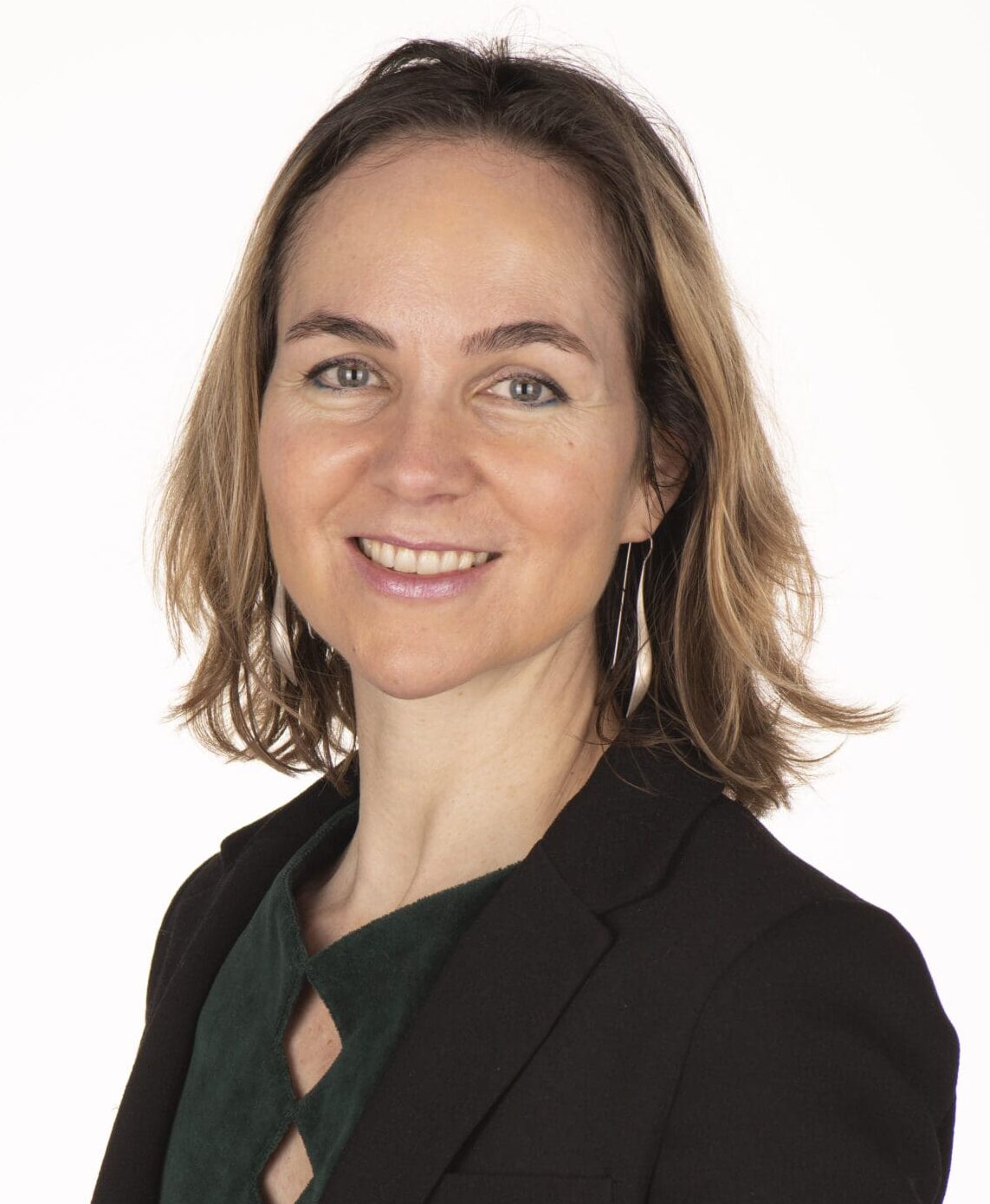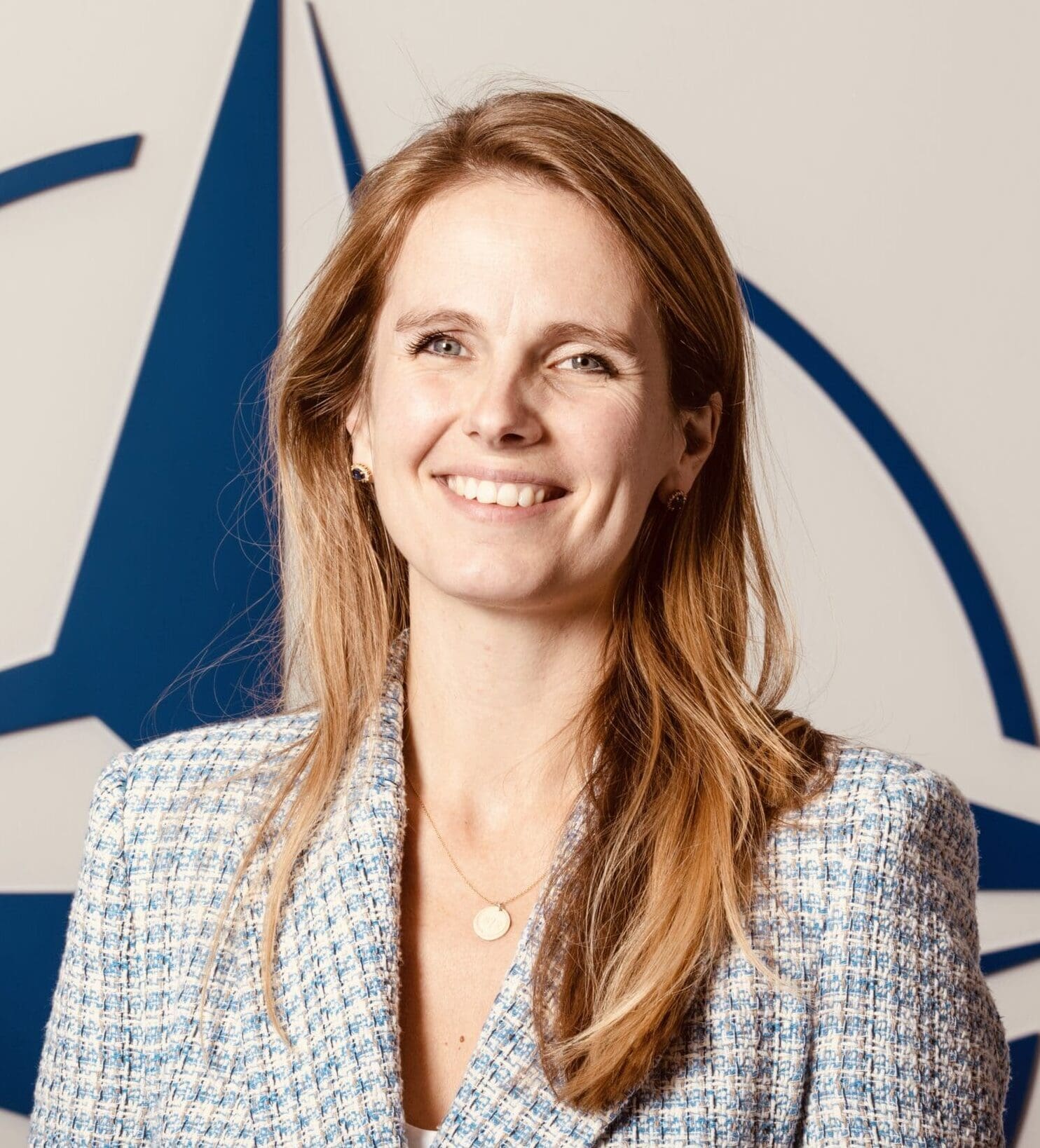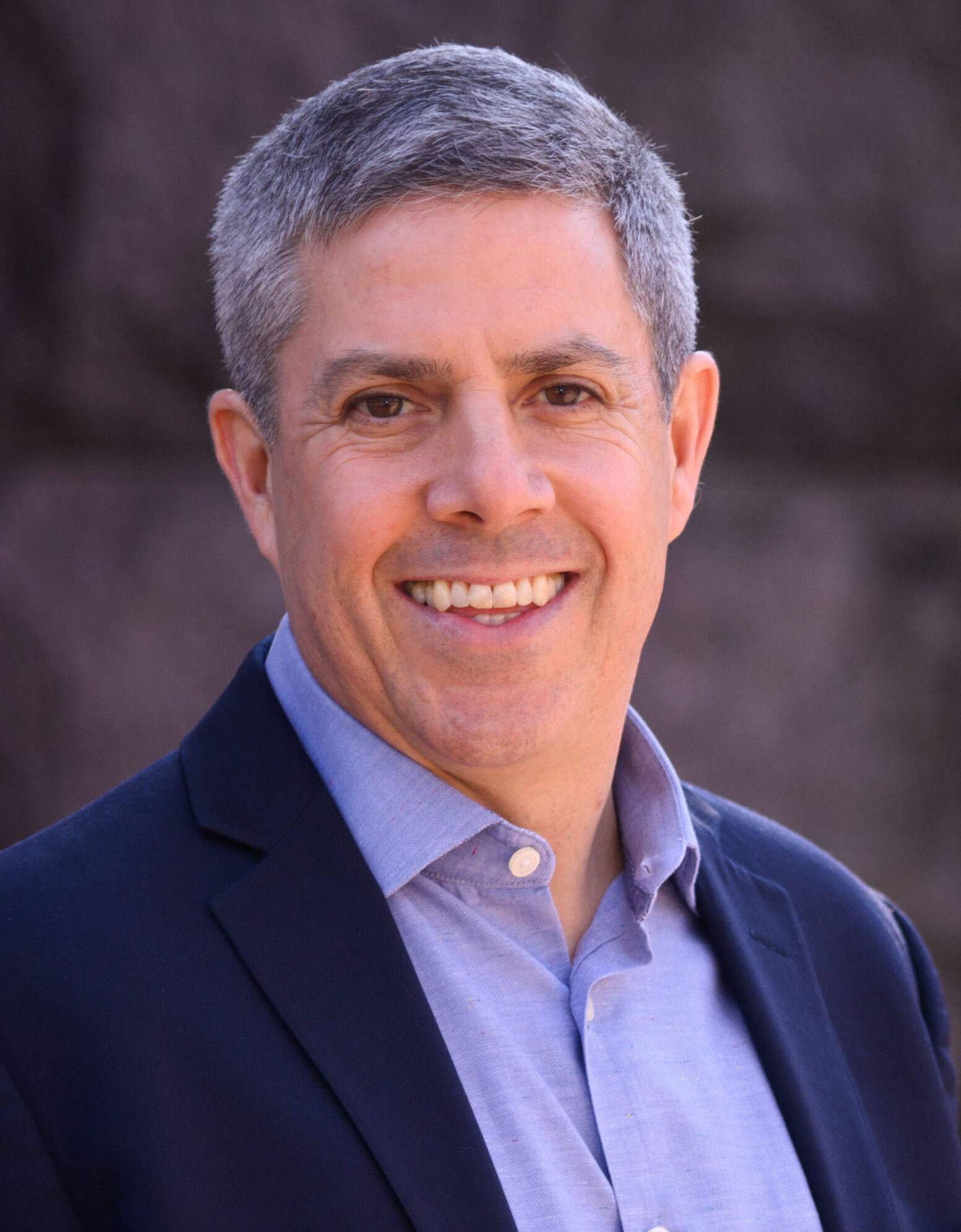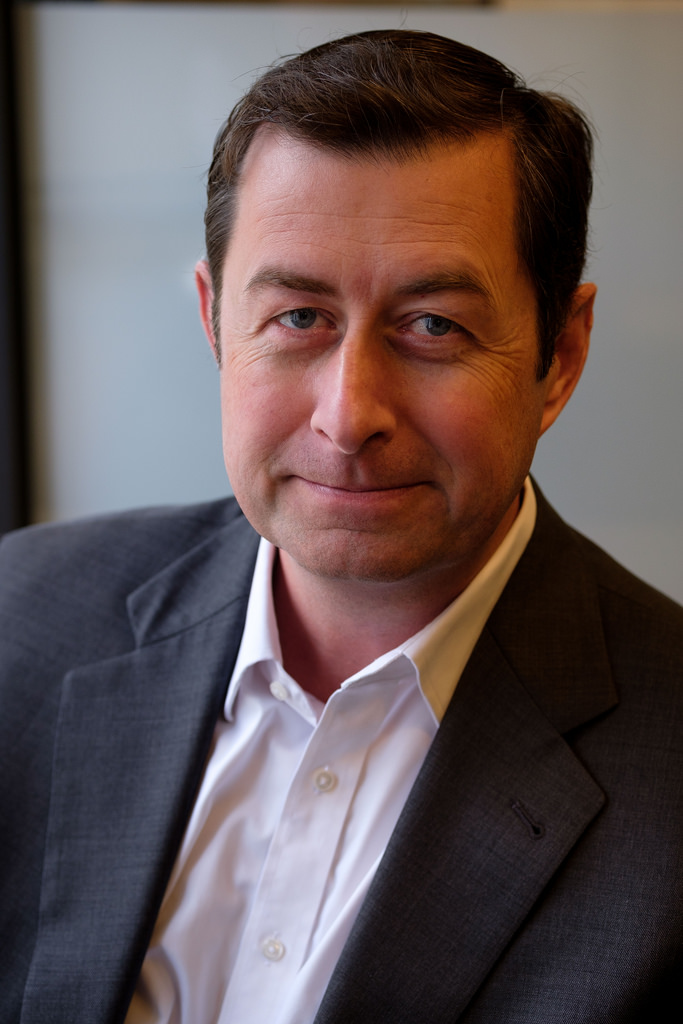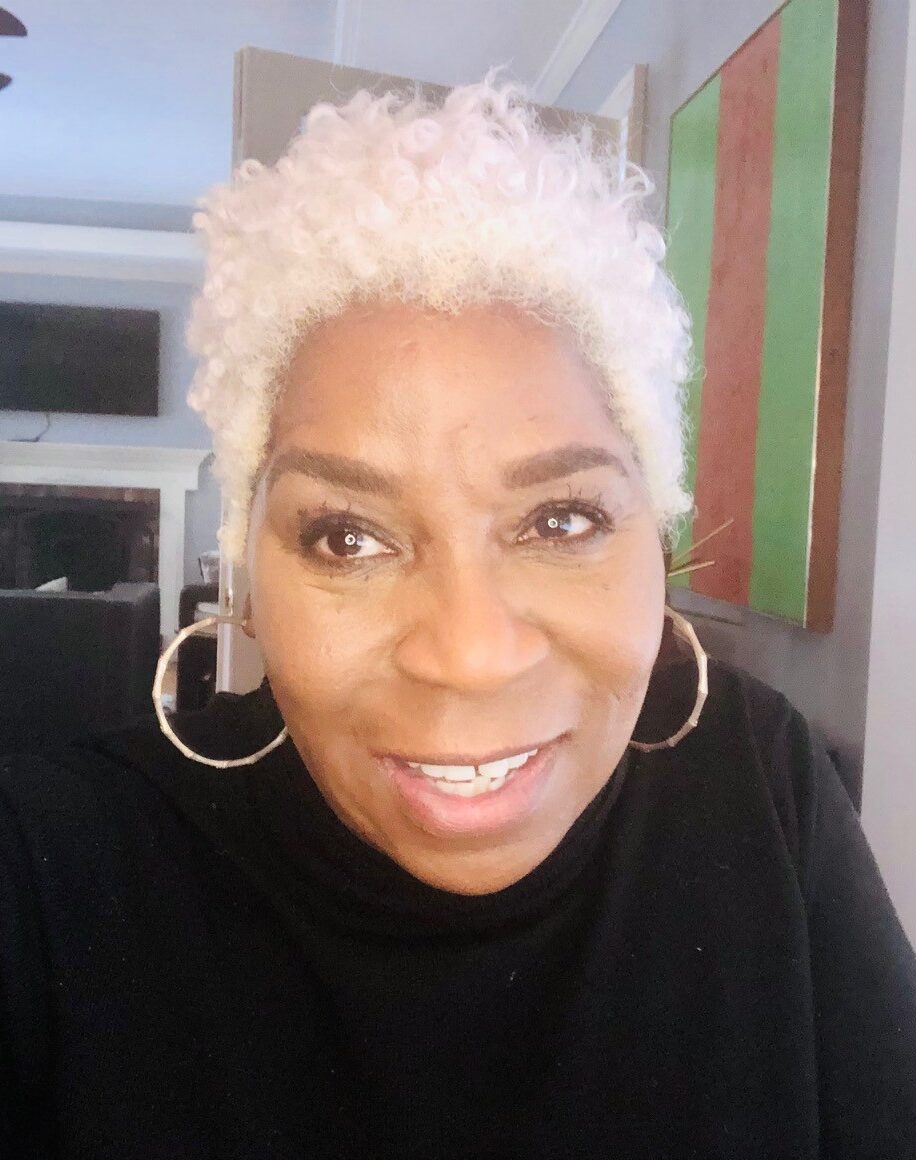The 2024 World Conference of the Professional Speechwriters Association will take place in Washington, D.C., two weeks before the United States election.
There, leadership communicators from around the globe will gather to:
- Tackle the current rhetorical climate directly and honestly, with a vigorous, rigorous, constructive dialogue.
- Enjoy an intimate, confidential respite to talk shop, swap experiences and help one another get better at their craft.
- Find new courage and true inspiration to help the principals they serve provide the leadership this world needs.
“In 15 years of speechwriting, I’ve never felt such a deep connection to our broader community as I did this week,” wrote Chris Mallinos, speechwriter to Canada’s Minister of National Defence after last year’s World Conference. “It meant a lot to connect with and learn from so many brilliant writers. I can’t wait to do it again.”
“Each year the World Conference refreshes my soul, connects me to people I respect and admire and enjoy,” wrote corporate executive communications director Catherine Keller. “And it pushes my mind and heart to consider new ideas and confront challenging feelings. It’s special and different and a bit unruly … and it feels really, really good.”
And Colgate University associate VP of communications Mark Walden wrote simply, “I can’t remember another gathering that has given me so much to consider.”
Whether you have or haven’t participated in the PSA World Conference before—come, and get everything you need from the only other people in the world who can give it to you: your colleagues, in leadership communication.
AGENDA
(All Times ET)
MONDAY, OCTOBER 21
Preconference Workshops (Optional, But Included in All-Access Pass)
Workshop A (9:30 a.m.-12:00 p.m.)
Rhetoric Masterclass: The Art & Science of Speechwriting
How do we harness both our creative muse and evidence-based approaches to craft memorable speeches that elevate our principals and inspire audiences? In this interactive, multimedia workshop, Terry Szuplat—one of President Barack Obama’s longest-serving speechwriters and the author of the forthcoming book Say It Well: Find Your Voice, Speak Your Mind, Inspire Any Audience—will share advanced strategies and tips for mastering both the art and science of speechwriting. (And every in-person attendee will receive a free copy of the book.)
In this workshop, Terry will:
- Take you behind the scenes at the White House—into the Oval Office and aboard Air Force One—to show you how President Obama and his team of speechwriters collaborated to produce speeches that still resonate to this day.
- Examine some of the common barriers to effective communication and how the Obama speechwriting team worked to overcome them.
- Share the latest research from the world’s leading scholars, psychologists, and neuroscientists showing the science behind effective communication and persuasion and how you can apply these techniques in your own work.
This session is not about the theory of rhetoric. It’s a hands-on workshop that will empower you with new skills and transform how you think about, prepare for and write speeches. Whether you write for leaders in government, business, advocacy or philanthropy or beyond, you’ll return to your keyboard energized and inspired, and you’ll see why Terry’s workshops have been called “captivating,” “inspiring,” and “a truly life-changing experience.”
Workshop B: (1:30 p.m.-4:30 p.m.)
From Reagan to Obama: How to Use Speeches to Create Ideology and Build Power
Ronald Reagan and Barack Obama relied on many of the same techniques to build and promote very different ideologies. And it’s exactly this similarity that reveals hidden writing methods that every speechwriter in every sector and from every point of view should master.
That’s what legendary University of Chicago Writing Director Larry McEnerney taught at the European Speechwriter Network conference this year, and it’s what he’ll teach us.
In his bracingly rigorous and delightfully entertaining style, McEnerney will show you:
- What you can learn from Reagan’s first inaugural, which McEnerney argues should be ranked third among all U.S. political speeches. If you’re going to be a great communicator, you must understand the Great Communicator.
- Subtle but exquisite techniques from Obama’s 2008 campaign speeches that leave them hovering somewhere between legend and myth in our minds—and that, as much as any other element of his campaign, won him the American presidency.
- The deeply edifying connection between these two very different leaders, making two very different arguments. From focus to problem-constructing, from thematics to ideology. We’ll employ well-tested linguistics-based methods to learn how to use ideology like these two masters did—in ways that are conventional yet unorthodox, familiar yet radical, challenging yet comforting.
This workshop is for those who like to sink their teeth into the intellectual depths of speechwriting.
TUESDAY, OCTOBER 22
8:30 a.m.-9:00 a.m. • Gather for Breakfast
9:00-9:15 • Opening remarks by PSA Executive Director David Murray
9:15-10:30 • World Conference at the World Conference: An Emergency Meeting on the State of Global Rhetoric
In 2024 multilateralism frays at the edges, misinformation tears at the seams and elections around the world threaten the very idea of global collaboration—all while multiple global emergencies and conflicts demand our full attention and cooperation. What the hell is going on? And what can speechwriters, as the architects behind the world’s most influential voices, do about it? This keynote panel is an urgent summons to speechwriters throughout the world to unite in Washington October 22, 2024, to find the answers to three questions:
- What can speechwriters do to elevate international discourse so it crosses borders rather than building walls?
- Do current speechwriting methods need to change? What’s working? What’s not?
- Where are the opportunities and threats heading into 2025?
Brent Kerrigan, former head speechwriter for UN Climate Change moderates a conversation with a panel we’re building of speechwriters from some of the world’s most influential international institutions—including Claire Craanen, speechwriter for NATO Secretary General Mark Rutte, Florian Gimbel, Deputy Chief of Police Communication at the International Monetary Fund and Alison Mooney, former speechwriter to the President of the European Parliament. Bring your own ideas. We’ll need them.
10:30-11:00 • Candid Collegial Conversations
11:00-12:00 • Beyond Speechwriting: Two Happy Destinations for Speechwriters Seeking the Next Thing (or Just Another Thing)
As “pure speechwriting” jobs have declined in recent years, many “pure speechwriters” have employed their skills in another line of writing work, or grown into a broader communications role. Many of the former have gone into the rewarding, lucrative and lately popular craft of ghostwriting, says Dan Gerstein, CEO of Gotham Ghostwriters. Gerstein convened the first Gathering of the Ghosts this year—a conference that brought almost 150 book ghostwriters together to discuss why theirs is one writing specialty on the make. One of those scribes is veteran speechwriter and beloved speechwriting teacher Mike Long, who has enjoyed a huge surge in ghostwriting work over the last several years, and learned a great deal in the process: about the craft, the ethics and economics. He can tell you whether ghostwriting is for you. As for the latter—no one has made the jump from speechwriter to strategist more profoundly or enthusiastically than David Meadvin, former speechwriter to House Majority Leader Harry Reid and the leadership teams at Meta (then Facebook), Bloomberg, and Citadel. After almost seven years as a leadership consultant at Laurel Strategies, Meadvin now heads up One Strategy Group, recently named a “Challenger firm to watch” by Axios and a PRWeek 2024 Up and Comer agency. He’ll talk about why and how he built a new career on a strategic foundation—with speechwriting as the cornerstone.
12:00 p.m.-12:45 p.m. • Lunch with Industry Colleagues
Scribe, find your tribe—at labeled tables full of colleagues from specific sectors in business, government, nonprofit, university and independent speechwriting.
12:45-1:15 • Your Turn! A Crowdsourcing Idea Frenzy
Swap one-minute work hacks with the only other people in the world who do what you do. Get ready to scribble down ideas—and come prepared to share.
1:15-1:30 • Break
1:30-3:00 • Breakout Sessions, for Your Craft & Career: Six Sessions in Two Tracks
1:30-2:00
Craft Track: Make This Your Lane, Too: Coaching Senior Leaders to Communicate Better Through Behavior (and Beyond Words)
You handle all manner of speeches, talking points, op-eds and LinkedIn posts. But the truth is that a leader is communicating constantly, far beyond these formal communiques—on an elevator ride or in the cafeteria with employees. Leaders need to be aware of that reality and how to mold what they say and how they behave, consciously and consistently. Is this really in a speechwriter’s wheelhouse? Yes, says Jennifer Jackson, who has focused on symbolic leadership communication throughout much of her illustrious exec comms career. She’ll show you how it’s done.
Career Track: “How Much?” What Independent Speechwriters Are Charging (and Why They Aren’t They Charging More)
This is the market-research session your clients don’t want you to attend: A candid and informative conversation about how much writers are charging, and how much we should charge for our highly specialized product. This session will also feature original survey results, from the PSA. Veteran independent speechwriter and speaking coach Jean Card will facilitate, and everyone in the room will participate.
2:00-2:30
Craft Track: The Carrot and the Stick: How to Write Speeches That Express Love and Exercise Power
Speeches have a unique ability to lift people up, bring them together and create a sense of belonging. But a personal engagement from the leader of a major institution must also do more. It needs to convince stakeholders (sometimes even whole nations) of the things that are worth fighting for. In this session, the Grand Award winner of the 2024 Cicero Speechwriting Awards, Eleonora Russell, shares how she makes sure that the 32 Allied nations and 43 NATO Partners recognize themselves in her boss’ speeches. She explains how she achieves what she affectionately refers to as “the Santa Clause effect”—while also using the same speeches to remind audiences around the world, friendly and unfriendly, exactly what the NATO military is capable of.
Career Track: A Mile in the Boss’s Shoes: What a Speechwriter Learned When She Became Her Own Principal
Amber Epling-Skinner has written hundreds of speeches: commencement speeches for university presidents, keynote speeches for statewide elected officials, floor speeches for legislators—and most recently and profoundly, speeches for her own campaign to the local school board. Being on the other side of the microphone has given Amber a new perspective on what it actually takes to be the principals she has always served. She’ll share insights with her fellow speechwriters in a session that will help you to form a stronger appreciation and more genuine bond with your own principal and deliver a consistently better product. If you don’t decide to run for office yourself!
2:30-3:00
Craft Track: When English Isn’t Your Speaker’s First Language: Mastering Global Speechwriting’s Lingua Franca
English is widely accepted as the language of business, international politics, and science. But if it’s not your speaker’s first language—or yours—it’s hard to help them find a satisfying level of fluency. Jim Holtje specializes in speechwriting and delivery for non-native English speakers. A multilingual C-suite speechwriter for international corporations—and a Columbia University professor who’s taught hundreds of students from over 40 countries—Jim will teach you how to structure and write speeches that effectively cross languages and culture. He’ll also offer train-the-trainer techniques for helping principals with delivery.
Career Track: Boss Best-Case: What I’ve Learned from a Principal Who Insists on Candid, Compelling Communication
Renell Wynn didn’t know what she was getting into when she went to work as vice president for communications for Wesleyan University President Michael S. Roth give years ago. And though Roth at the time praised Wynn’s “strong record of strategic, data-based thinking, creative energy, and dynamic leadership,” he probably didn’t know what he was getting into, either. Through one of the most tumultuous periods in the history of higher education, the two of them have combined to create some of the most compelling, confident leadership communication in any institutional sector. How did they do it? Wynn will share lessons she’s learned—lessons that may help you bring out the best in your principal, too.
3:00-3:30 • Big Break: Take a Walk to Clear Your Mind or Pair with a Colleague and Deepen a Connection
3:30-4:00 • Meet the winners of the 2024 Cicero Speechwriting Awards and hear an acceptance talk by the Grand Award Winner, NATO Speechwriter Eleonora Russell.
4:00-5:00 • Either Ethics in Speechwriting Are Evolving, or We Are: An All-Star Panel, an All-Conference Caucus
Have you written a speech that you disagreed with—even for a client you generally admired? Where’s the line between rhetorical license and factual falsehood? When is it okay to divulge the name of a client? When (and to whom) do you have to disclose having used AI in research or composition? Are independent speechwriters obliged to be open about their fee structure? Bring your own dilemmas and views to this panel, moderated by Peter Loge, Director of George Washington University’s Project on Ethics in Political Communication. Panelists include: Obama White House speechwriter and American University speechwriting adjunct Terry Szuplat; McCain-Palin and Mitt Romney speechwriter Lindsay Hayes, Vice President Gore speechwriter and American University speechwriting adjunct Eric Schnure and global corporate speechwriter and Columbia University speechwriting adjunct Jim Holtje.
5:00-6:30 • Drink Together, Think Together, Synch Together: Cocktails with Your Colleagues, sponsored by the Cicero Speechwriting Awards.
Under the Cone of Silence, members of the Discretion Profession will swap stories, share laughs, drown sorrows, celebrate one another’s success and plot world domination.
WEDNESDAY, OCTOBER 23
8:30 a.m.-9:00 a.m. • Gather for Breakfast
9:00-10:30 • All-Conference Caucus: Courage, and the Communicator’s Soul
We will listen and react to a series of mini-talks exploring the need for courage in communications and other thorny topics weighing on the minds and hearts of communicators navigating the inherently fraught world of institutions and the powerful people who lead them. Speakers will include: Lech Mintowt-Czyz, owner of Speech Success and long time energy-industry speechwriter, discussing the moral obligations of speechwriting; Mame Kwayie, Director of Leadership Communications for the American Dental Association, sharing tips for building the confidence to have any conversation with your leader (even awkward ones); Felicity Barber, founder of Thoughtful Communications, talking about her journey away from being “the person behind the person”; and Amy Arbogast, co-founder of Spark Speak, challenging the assumptions we make about effective public speaking. Come prepared to share your own stories, exorcise your own professional demons and find courage for the year ahead in a conversation led by fearless leadership communicator and close PSA pal Justine Adelizzi.
10:30-11:00 • Break
11:00-11:15 • Closing Remarks
11:15-12:15 • Locknote Address: The Gettysburg Address, as You’ve Never Heard It (or Thought About It) Before: What It Meant Then, and What It Means Right Now
This was not a ceremonial speech. It was a strategy speech, designed to “convince a very skeptical public in the north that they should keep dying” despite their doubts about a cause “that they didn’t particularly believe in,” says legendary University of Chicago writing professor Larry McEnerney. In this intensely instructive and ultimately inspiring session, he will walk us word-by-word through the speech to show the techniques that Lincoln uses to make a terribly difficult rhetorical argument. This talk will be particularly encouraging in an age and at a moment when our own arguments, even to our own constituencies, seem impossible too.
12:15 • Adjourn
SPEAKERS
SPONSORS

One Strategy Group is the next-generation corporate strategy firm that advises C-suite leaders and growth-focused companies on reputation, communications, and market positioning.

Gotham stands alone as the first and last word in ghostwriting—a one-stop solution for any author or speaker looking for help telling and selling a story. Whether they’re working on a big-think book, speech, article, memoir, corporate or family history, cookbook, or screenplay, our clients all have one thing in common—they’ve found the right partner for their project.

Speechwriters of Color is a community of expert and aspiring communicators across the world founded in 2020 to change the face of professional speechwriting by supporting, empowering, and building community among communicators of color. We write for leaders at every level of the public, private, and nonprofit sectors, from local organizers to heads of state. Not all of us have the word speechwriter in our job title, but we all utilize the power of writing to make a difference. You might never have heard our names—but you’ve certainly heard our words.
LOCATION
Georgetown’s McDonough School of Business
Rafik B. Hariri Building
Georgetown University
37th and O St., N.W.
Washington, D.C.
(202) 687-0100
Please note: Parking on campus is limited, and we strongly recommend visitors travel to the conference by taxi or rideshare. In any case, DO NOT use the Georgetown University address, as it will navigate to the front gates across campus. Uber, Lyft, and Google Maps all recognize “McDonough School of Business Rafik B. Hariri Building” if you type that name directly into the apps. Here is a link to more detailed information, a campus map, and parking instructions should you need them. Public transportation and shuttle options are also available, but less convenient. Once in the building, we’ll be on the fourth floor, in Fisher Colloquium.
CONFERENCE ACCOMMODATIONS
The PSA has secured limited room blocks at the two hotels listed below. We cannot guarantee room availability after the cut-off date of September 20, 2024, or once these discounted room blocks are sold out.
The Georgetown Inn, a historic boutique hotel a short walk from our meeting space on campus. The rate is $319 USD per night. To register under the room block, please call (202) 333-8900 and reference the Professional Speechwriters Association.
Glover Park Hotel Georgetown, a contemporary and comfortable hotel option within a 5-minute Uber ride to the Georgetown campus. The rate is $209 USD per night. To register under the room block, please click here.
If you find the hotels listed above can no longer accommodate the nights you need, Georgetown University recommends several other options near campus. Have a look.
TRANSPORTATION
From Reagan National Airport, Georgetown’s campus is conveniently reached by taxi or rideshare, and economically reached by taking the Blue Line (towards Largo Town Center) to the Rosslyn Metro Station and taking the free Georgetown University Transportation Shuttle to campus.
PARKING
Local attendees parking on campus will need to pay to park in the Southwest Garage, which is accessed by entering campus via the Canal Road entrance off of M Street (use 3611 Canal Road as the address for directions using GPS). To get to the Hariri Building from the garage, exit the garage through the North exit and walk around the football field to the stone-faced building on the other side of the field. Here is a link to more detailed information, a campus map, and parking instructions should you need them.
FAQ
I can’t make it to the World Conference in person this year. Is there a virtual version?
Yes, you may register for a virtual version of the conference, and access all conference sessions live online. You’ll be able to participate in Q&A sessions with speakers. And there will be Zoom networking groups, to have the same discussions with fellow virtual participants that in-person participants are having in the room.
Can several people from my company log in to the virtual conference at the same time?
No. This event is restricted to only one login, so only one computer can be connected to the webcast at any time. You can have multiple people in a room viewing the virtual conference, but not multiple people watching from their individual computers.
Will the virtual sessions be recorded, so that I can view them later?
Yes indeed. Links to all session recordings are available the week after the conference, and viewable anytime until the end of the calendar year, 2024.
REGISTER
Cancellations Policy
No refunds on cancellations less than 30 days before the event. Within 30 days, your payment will be credited toward a future Professional Speechwriters Association event.
We're sorry, but in-person registration is SOLD OUT.
VIRTUAL PARTICIPATION rates are shown below.
Members of the Professional Speechwriters Association receive a 25% discount on all registration products (discount is automatically applied to the cart when current members are logged in.)
Phone registrations please call 312-585-6383.
Registration deadline = October 11, 2024
$375.00 – $1,695.00

